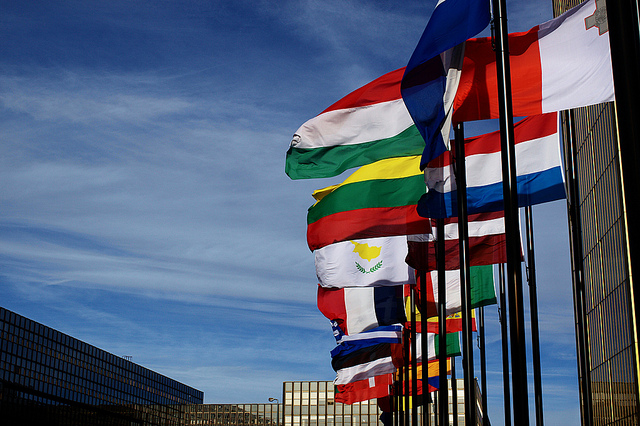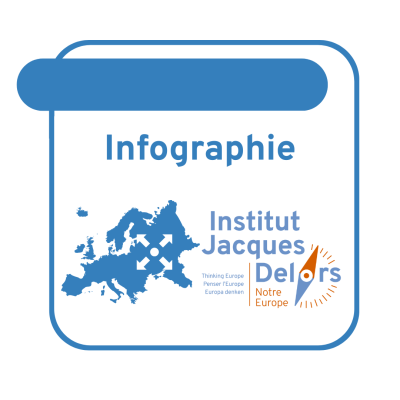[FR] Small and large states in the European Union: Reinventing the balance

Even though Notre Europe had sensed somewhat in advance that this topic deserved to be addressed in a positive spirit, we left Paul Magnette and Kalypso Nicolaïdis very little time to do so. Although I have been aware of the extent of their respective talents for several years, I cannot help but be surprised by the clarity, vigour and relevance of the analysis they have produced in such a short space of time.
The original balance was therefore based on three pillars: the weighting of votes in the Council, the unifying role of the Commission and the equal rotation of presidencies. If it has been maintained until now, it has been at the cost of growing tensions and a significant increase in the complexity of the mechanisms (Nice distinguishes nine categories of states for the weighting of votes, etc.). This historical reminder helps to understand why the Praesidium, by tackling the rotating presidency head-on following the Franco-German ‘hegemonic compromise’, caused such an uproar. And in this kind of matter, it is important to start by understanding each other clearly.
I also agree with our two authors when they point out that the question of this balance between states of different weights arises in a specific way for each of the European institutions and that it would be unhealthy to imagine resolving it by trading solutions of opposing inspiration for each of them. Nothing would be more dangerous for the future of the Union than to allow each group of states to identify with its own institution (a recurring risk in the history of the European Union).
Somewhat contradicting this sound principle, but because it is the most ‘hot’ issue, our authors courageously offer their solution to the problem of the rotating presidency. It essentially consists of distinguishing between the presidency of the Union and the presidency of the European Council, and maintaining the equal rotation of presidencies above and below the European Council, which under these conditions could have a more permanent ‘chairman’. I will simply say that I find this proposal, which in detail echoes some of the conclusions of previous work by Notre Europe, to be clever, without endorsing it myself. If it could help to shift the lines of the current confrontation, it would be perfectly in line with Notre Europe’s mission to help foster positive compromises.




